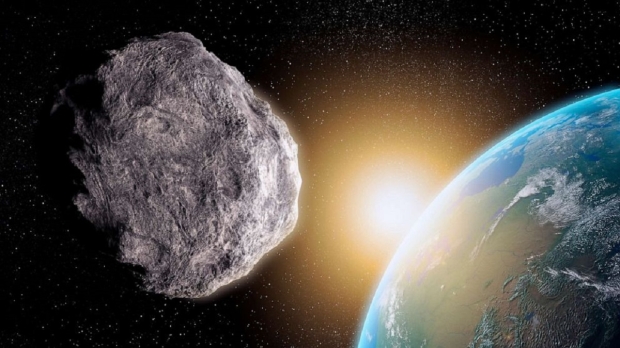The new study published in the journal Nature Geoscience reveals that Earth was pummeled by asteroids and comets more often than previously thought, affecting the development of oxygen in the atmosphere.

Earth first began forming 4.6 billion years ago, and during its early formative years, it experienced regular asteroid and comet impacts; some asteroids had diameters of more than 6 miles. The study explored the impact these asteroids and comets had on the development of oxygen and found that the impacts delayed the time when oxygen started to accumulate in the atmosphere, and thus the timing of life that uses respiration to produce energy being supported.
When an asteroid or comet collides with Earth, a large vapor plume is created, and some of the vaporized rock within this plume begins to cool and fall back down to the Earth's surface. These ancient pieces of vaporized rock are around the size of sand but contain vital information for researchers. The study analyzed these particles to find out how often Earth was bombarded by a space-rocks and found that Earth was smacked with an impact every 15 million years, which was 10 times the rate of previously estimated models.

Additionally, the researchers asked how these impacts would have affected the atmosphere of the planet and found that if an impact occurred from an asteroid that was larger than 6 miles wide, an oxygen sink would have been triggered - sucking all of the oxygen out of the atmosphere.
The paper also details that as time went on and the number of collisions reduced, the oxygen levels of the planet began to rise, but it wasn't until 2.4 billion years ago did the impacts slow down enough for an oxygen-rich atmosphere to be produced, and thus, the process of evolving life as we know it.
If you are interested in reading more about this story, check out this link here.

